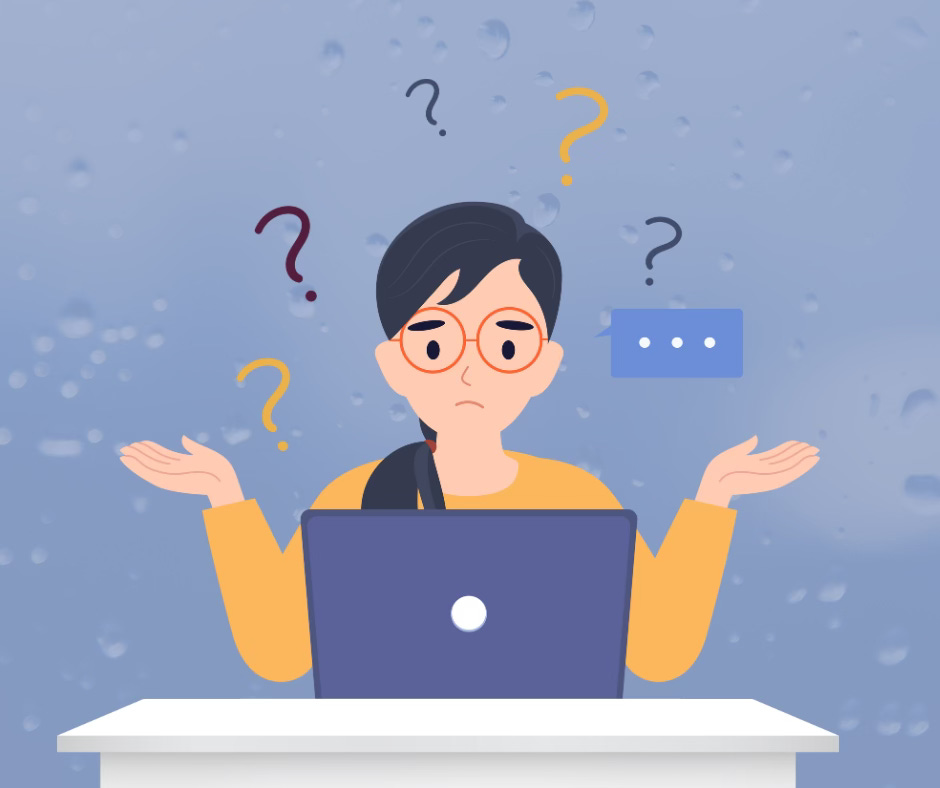As far as I can work out, writers fall into two main camps. Those who want to write but don’t know what to write about, and think they might have writers’ block, and those who find it hard to focus on one idea. I used to fall into the latter camp, having way too many ideas and flitting from one concept to the next.
For those of you who don’t know my history of writing, here it is in a nutshell.
I wrote my first book back in 1999. It was called, ‘How Compatible Are You Really?’ and used handwriting analysis to assess compatibility in relationships. I’d studied graphology and reckoned there was a gap in the market for such a ‘fun’ book. I knew someone who knew someone who worked at Bloomsbury Publishing (this was pre-Harry Potter!) and I wrote to her. They liked my proposal and signed me. (At the time I didn’t realise how lucky I was!)
Life, family and work got in the way for quite a few years but I didn’t give up on the writing dream. In 2009, I signed up for one of the first remote Masters in Writing run by Falmouth University, known for its creative programmes. The main thing it taught me was how to critique and how to receive criticism. My final dissertation was the first ten thousand words of a novel. It gained me a first class (distinction) degree but that novel will never see the light of day!
Subsequently, I wrote a biography about my grandfather (The Eccentric Entrepreneur) which was traditionally published by The History Press. But I really wanted to write fiction. I completed two full length novels – women’s fiction - which I pitched unsuccessfully to a handful of agents. Nowadays, I can admit that I couldn’t cope with the rejection so I rather gave up on the whole idea of becoming a fiction author.
Then in 2015 / 2016 bone cancer happened and when I had recovered, I decided I didn’t need to be published, I could self-publish. I stumbled across a post on Facebook by Emily Maher Tamaro, an American, who was then a high-school teacher living in Columbia. Emily was seeking volunteers to trial a book coaching programme. I applied and she chose me.
We both remember that first email where I sent her a list of all the ideas I had for books. There must have been ten to fifteen ideas – some non-fiction, a few fiction. They were all over the place! It was thanks to Emily’s skill as a coach that she helped me realise the book I really wanted to write was a women’s fiction novel about the experience of having cancer – but unlike many books on the subject, mine had a happy ending. She helped me focus and together we plotted out the book. The writing part was easy.
I studied self-publishing and launched the book into the world. I’d loved the writing process and wanted to carry on. It was Emily who once again focused my mind. She asked me which books I loved reading the most. Psychological thrillers. I then wrote the book that is now called, I Want You Gone.
A month after launching it onto Amazon, I was approached by my current publishers, Inkubator Books, asking if I would consider letting them relaunch it. As I’d had experience in traditional publishing and had studied self-publishing, I was confident I was asking them all the right questions. Better still, they had perfect answers. I decided to give them a go, and twenty-three books later, it was one of the best things I ever did. But I do need to say, that this scenario is extremely, extremely rare. Mostly the only publishers who approach authors are vanity press (where you have to pay to get your book published). Inkubator were starting out and I got lucky.
So, what if you’re like me and you have too many ideas? You absolutely have to whittle them down. I don’t recommend having lots of half written books on the go at the same time. The reality is, none of them will get finished.
Ask yourself the following questions:
What genre of books do you love to read?
Who are the three to five most successful authors in that genre? (Or the ones you particularly admire.)
Does it excite you to think that you could also write a book like them? (If the answer is no, forget this genre!)
Does the prospect of writing a whole book scare you? (It did me!)
Break it down. This is where planning and plotting is so important. (I’ll talk about this at a later stage.) If you approach a big project in bite-sized chunks, it’s so much easier.
Have a notebook or use Notes on your phone to jot down your ideas. You can always use them in future books. Keep the notebook by your bed, because if you’re anything like me, you’ll have your best ideas in the bath, shower or in bed!
If, on the other hand you think you’re short of ideas, watch this space. I’ve got loads of ideas for brainstorming, which I’ll share with you in a future post. In the meantime, join Emily’s Facebook Group, The Writer’s Block.
Miranda x





